
Use Promotional Products To Boost Employee Morale
Promotional products can be branded items with your company logo on them. They are used for marketing, sales, advertising, and brand building. These products, also known swag or trade shows, are often distributed by companies at events and trade shows to spread the word about […]
Business
How Do N95 Masks Work?
If you’re wondering what N95 masks are, look no further. The specialized masks from https://www.amazon.com/Certified-Particulate-Respirator-Protective-TC-84A-9315/dp/B08YS6WJZ3 can filter up to 95% airborne particles. These facepieces can be reworn up five times. The best part? They can be purchased at your local pharmacy. But how do you […]
Health & Fitness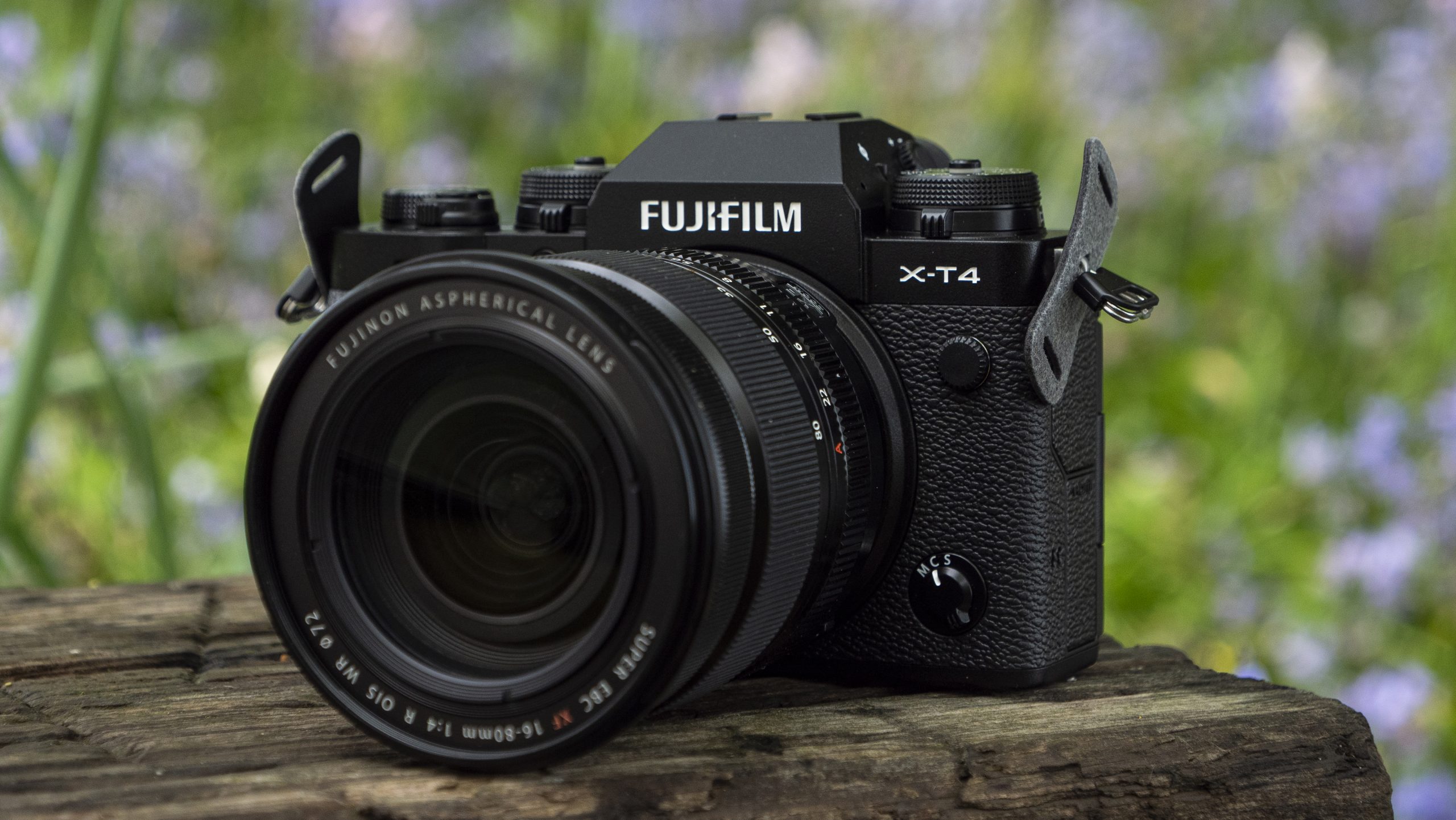
Nikon D7000 :: The Ultimate DSLR for Intermediates
My Love for Nikon started with D90, one of the earlier superb from Nikon. The love for D90 is simply because of the ease and speed with which it performs. When the new replacement for D90 was announced it was like, why? But with the […]
DSLR Photography



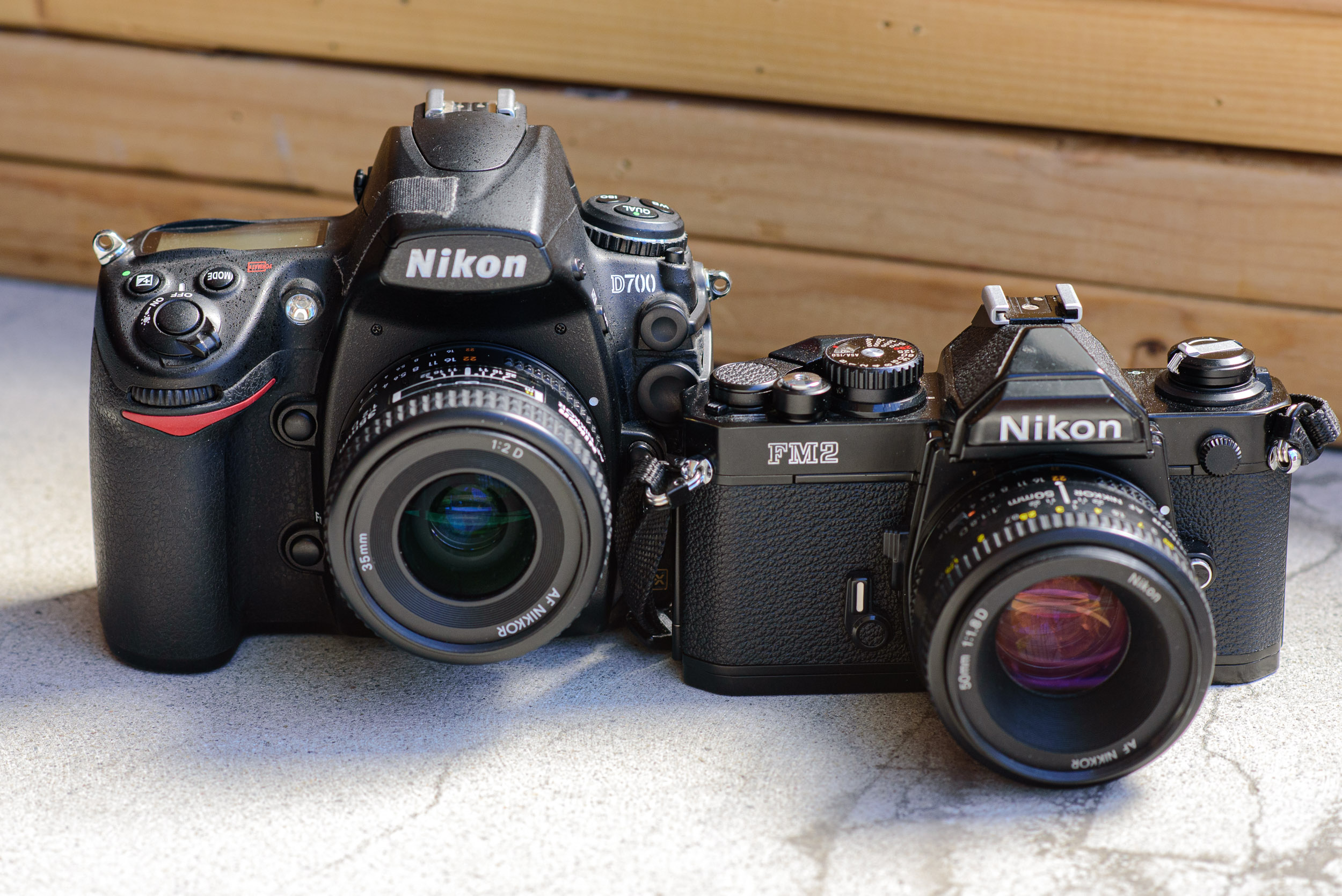

Use Promotional Products To Boost Employee Morale
Promotional products can be branded items with your company logo on them. They are used for marketing, sales, advertising, and brand building. These products, also known swag or trade shows, are often distributed by companies at events and trade shows to spread the word about […]
BusinessPromotional products can be branded items with your company logo on them. They are used for marketing, sales, advertising, and brand building. These products, also known swag or trade shows, are often distributed by companies at events and trade shows to spread the word about their business. By using these items, you can increase your reach and awareness, and boost employee morale. 
Promote your brand
Promotional products from https://www.yorkn.ca/ are a great way for your company to be remembered by your customers. These items can be used as a single item or in combination with other media. They help you increase brand awareness and generate sales and leads. They can help you build customer loyalty and show your company’s worth. Depending on your budget and the target audience, you can choose products that reflect your company’s values and appeal to their interests.
Promotional items don’t have to be complicated. They can be as simple and as simple as a cup of coffee or a drink sleeves. Although they may not be the most widely used promotional products, they can be a cost-effective way to advertise your company. They are practical and can be kept for at most one year. Promotional products have a lasting impact on customers, unlike traditional advertising. In addition to being practical, promotional products are highly useful to recipients.
Increase employee morale
Employee morale can be boosted by giving them merch and having a vibrant social calendar. You must also address the “big things” such as policies, career development, learning & development, and regular recognition. Using promotional products to increase employee morale is a great way to do that.
An employee incentive program that is effective starts with a company award to an outstanding employee. An inexpensive way to recognize an employee’s hard work is to give them a small gift certificate. Promoting employees from within the company will improve their morale if they want to progress in the company. Promoting from within will also show that the company values its employees.
Create a thematic gift box
Consider your audience when creating a thematic swagbox. Also, think about the promotional products you want to distribute. You can also include branded products and color-coordinated cups. Make sure to choose products that match the theme of the box. Choose swag that communicates your company’s eco-friendly message, for example. Wireless home office products are another example of eco-friendly merchandise. You can also add holiday-themed treats like wine glasses or mugs. Save up for your gift box by playing simple and interactive betting games at ufabet168.info/ufabet/.
Thematic swag boxes are a great way to increase brand awareness and engage customers. Whether you’re distributing products to employees, clients, or the public, swag boxes are an engaging way to create a connection between your brand and your audience. They can also be used to build brand loyalty and hype among attendees at events.

How Do N95 Masks Work?
If you’re wondering what N95 masks are, look no further. The specialized masks from https://www.amazon.com/Certified-Particulate-Respirator-Protective-TC-84A-9315/dp/B08YS6WJZ3 can filter up to 95% airborne particles. These facepieces can be reworn up five times. The best part? They can be purchased at your local pharmacy. But how do you […]
Health & FitnessIf you’re wondering what N95 masks are, look no further. The specialized masks from https://www.amazon.com/Certified-Particulate-Respirator-Protective-TC-84A-9315/dp/B08YS6WJZ3 can filter up to 95% airborne particles. These facepieces can be reworn up five times. The best part? They can be purchased at your local pharmacy. But how do you know if they’re the right fit? This article will discuss the various types and their functions.

N95 masks are a filtering facial respirator
N95 masks are disposable, filtering facepiece respirators that provide protection from gas and vapor exposures. These air purifying respirators don’t provide oxygen and protect against dangerous airborne particles. The filtering capacity of the N95 mask depends on the particle size and density. They can also be reused by one user. These masks are not suitable for asbestos or other harmful materials, despite their name.
They can filter up to 95% airborne particles
The intrinsic qualities of N95 Masks are what determine its filtration properties. These masks filter airborne particles of particle sizes up to 0.3 microns. However, disposable masks aren’t effective enough to filter more than 95% of these particles. Filti has patented a nano fiber filter that matches N95 standards to combat this problem. Earn money and get the best mask in the market, play simple and interactive betting games at 토토사이트.
They can be worn up five times
Re-wearing an N95 Mask in a disaster situation is a great option. However, it shouldn’t be done regularly, especially if there is enough N95 Masks. It will depend on the specific circumstances and institution as to whether a mask can be worn again. If you find that the straps are loosening on a mask, it is likely that the seal is broken. The COVID-19 virus can not survive on the N95 mask for longer than three days.
They are also available at pharmacies
The Biden administration will distribute free N95 masks at pharmacies in an effort to protect the health and well-being of those living in affected areas. The government hopes to distribute 400 million N95s by early February. The masks will be sold at participating pharmacies as well as community health centers. Albertsons Companies, CVS, Walgreens and Mariano’s supermarkets are among the retailers participating in the program. The N95 masks protect residents from airborne particles of the disease.
They are certified by The National Institute for Occupational Safety and Health
A good N95 mask can filter out at most 95 percent of extremely tiny particles. These particles are smaller than 0.3 microns. These masks can reduce exposure to harmful levels of airborne particles, so they’re an essential part of any safety equipment set. Only purchase N95 certified masks. To avoid buying a substandard mask, make sure you select a model with certain features such as NIOSH certification
They are easily thrown away
N95 Masks are a disposable type of respirator, a face shield designed to filter out airborne particles with a filtration efficiency of 95%. They have a special paper filter that can be damaged by moisture and sweat, but experts recommend that you use them only one time. Make sure to purchase one from a reputable manufacturer, whose N95 masks have received the ISO 13485 and QCS International certificates.

Nikon D7000 :: The Ultimate DSLR for Intermediates
My Love for Nikon started with D90, one of the earlier superb from Nikon. The love for D90 is simply because of the ease and speed with which it performs. When the new replacement for D90 was announced it was like, why? But with the […]
DSLR PhotographyMy Love for Nikon started with D90, one of the earlier superb from Nikon. The love for D90 is simply because of the ease and speed with which it performs. When the new replacement for D90 was announced it was like, why? But with the release of D7000 the question has changed to Why not!! Earn money and get the Nikon D7000 today. Play simple and interactive betting games at 바카라.
D7000 was released on late September and it was an immediate hit as soon as it hit the markets. Apart from rating this a replacement for D90, it is purely an upgrade to the caliber of D90. The WOW part about D7000 is 16.2MP resolution and a full HD 1080@24fps movie recording with continuous focus option. The D3100 did show a glimpse of what full time focus on movie mode can do to your DSLR and D7000 completes this. Although I am not a great fan of shooting movies using a DSLR, but this works great! Priced at around $1200, D7000 comes in competition with Canon EOS 60D or the Pentax k-5.
The general feature outline will be :
DX-CMOS Sensor or APS-C 23.6×15.8mm
16.2MPUpto 25,600ISO
3inch LCD Screen
Upto 169 Lense options
100% View finder coverage

Movie mode with continuous focus (auto)HD video recording with 1080@24fps
these features are great and really help you to choose this camera over any other in the market. D7000 offers a 6frames per second shoot and the 100% view on viewfinder marks D7000 out from competition.
In addition, it comes with a magnesium alloy Top and bottom covers which is a plus. Although sad that it misses weather shield. D7000 offers a 39 point focus system and also uses a 2016RGB sensor which is much superior to what competitors offer or what D90 had ( 11point focus, 420p sensor). With the 39 focus points you also have the option to choose from the 21 or the 9 active points. Although the reviews does show that at a time only 9 focus points get active for shoots. D7000 comes with a dual slot for memory and also an option to plug in external microphone, so now that is a plus for video recordings.
Sad part about the package is the kit lens that comes along with camera which is 18-105mm DX VR lens which is all plastic and should be replaced with better quality glass. With the kit lens on, the 16MP resolution rarely shows effect and you can easily get the feel for a replacement after first few shots.
I will recommend a 70-200mm 2.8 VRII Nikon lens or Sigma 70-200 2.8 lens to start with.Another negation as you may find is the low priced options from Canon on the same end, although I will easily recommend a canon if you wish to shoot movies using your DSLR but for traditional photography and a hint to what looks on the pro side of photography, D7000 is a must have camera.

Manual DSLR Basics: Using White Balance
There is something about certain pictures that you’ve seen that just doesn’t look right. You know the color is off, but can’t figure out how to fix it. Is it your DSLR lens? Or is the camera’s sensor broken? No, the color quirks in your […]
DSLR PhotographyThere is something about certain pictures that you’ve seen that just doesn’t look right. You know the color is off, but can’t figure out how to fix it. Is it your DSLR lens? Or is the camera’s sensor broken?
No, the color quirks in your photograph are a completely natural, yet undesirable function of your camera and lens. That overly blue tint, or fiery redness consuming your photograph can be dealt with. But first, let’s examine exactly what white balance is and why it’s so important. Earn money and get yourself that DSLR that you always wanted. Play simple and interactive betting games at 먹튀 검증.
Every kind of light in your photograph–and in the real world–has a temperature that makes it appear blue-ish or red-ish. Ordinarily, we expect red things to be hot and blue things to be cold, but color temperature works in exactly the opposite way. So sunlight, a “warmer” temperature light, is actually bluer than household tungsten bulbs, which are cooler in color temperature, yet produce a red light. Both of these temperatures are on the extreme ends of the temperature scale, so your camera tends to misinterpret the colors in both of these areas to the extreme as overly blue (outdoor sunlight) or overly red (indoor light). The trick is to either adjust the lighting on the scene that you want to photograph so that it is a nice, in-between color temperature, or to tell your camera to compensate for the extra blues or reds.

So, the definition of white balance allurs to just what it sounds like. You want to balance or correct the color on in your photograph so that the parts that are white when you look at something in real life are also white in your pictures. Not only that, but you want the blues to be blue (not purple or green) and the reds to be red (not purple or pink). You want every color in your photograph to represent what is truly there is real life.
Why is this so important? Well, whethere you realize it or not, the mood and feel of your photograph (and of your surroundings) is largely determined by the color temperature prevalent. red can give a more cozy, antique, personal, feeling while blues give a colder, static feeling that’s better suited for non-living objects.
So how do you adjust the white balance on your DSLR camera? Some camera’s auto modes have the options within their menu marked “WB” in which you can tell the camera what type of lighting you’re working with so it knows what to adjust for. Or, you may be able to instead change the light in the area you are photographing. If indoor light is casting way to much blue or red, open a window or door, or turn on an extra lamp. Another option is to buy a set of filters for your camera lens that will adjust the light coming in. Or, you can adjust the color temperature in Photoshop or a similar photo editing software.
An good artist, whether by paint, drawing, sculpting, or photography, pays attention to the mood, the feelings, the vibe, the emotions that his/her art throws at those who view it. He/she wants it to truly reflect what it was meant it to. So, whether telling a story with portraits, objects, or just documenting a special events, take the time to consider what your color temperatures are saying to your audience and make adjustments so photographs will tell your story the way you want it told.

Will Digital Photography Replace Film?
This May Be the Last Year for Production of Kodachrome Film “Mamma don’t take my Kodachrome away…” Paul Simon, 1973. My uncle served over in Korea way back in the 1950’s. While he was there he bought a camera set at the PX. I guess […]
DSLR PhotographyThis May Be the Last Year for Production of Kodachrome Film
“Mamma don’t take my Kodachrome away…” Paul Simon, 1973.
My uncle served over in Korea way back in the 1950’s. While he was there he bought a camera set at the PX. I guess the soldiers were allowed to buy electronics over there and bring them back duty-free. The outfit consisted of a 35mm reflex camera, a portrait camera that flipped open on top and had dual lenses on the front, a metal tripod that was made out of chrome and brass, and a brown leather carrying case. He gave me the outfit a few years ago and I still have it in my closet. It has several rolls of film and a couple of 50 year-old batteries in it. Recently I found a photo lab here that sells 150-film for the portrait camera. The film is really wide, much wider than 135 mm. I was lucky to find the stuff, but evidently they still make it. I understand that it’s used mainly to take photographs of medical x-rays and that sort of thing. The camera still worked after all that time.
I remember my first camera that I got as a child. It was one of those Polaroid “Swinger” models that used black and white film. It was an instant camera that you took the shot and then pulled out the film. This broke open a packet of developer that was in the film. The only problem was the picture curled up as soon as you pulled it out of the camera and then you had to coat it with this really nasty, smelly, sticky shellac type substance that was almost impossible to get off of your fingers. Later Polaroid would add improvements such as color film and eliminate the sticky coating. But the 35mm reflex and Kodak film was the standard by which all other photography was measured. It was, after all, what the professionals used. Earn money that you can use to invest more in your hobby, play simple and interactive betting games at 토토사이트.
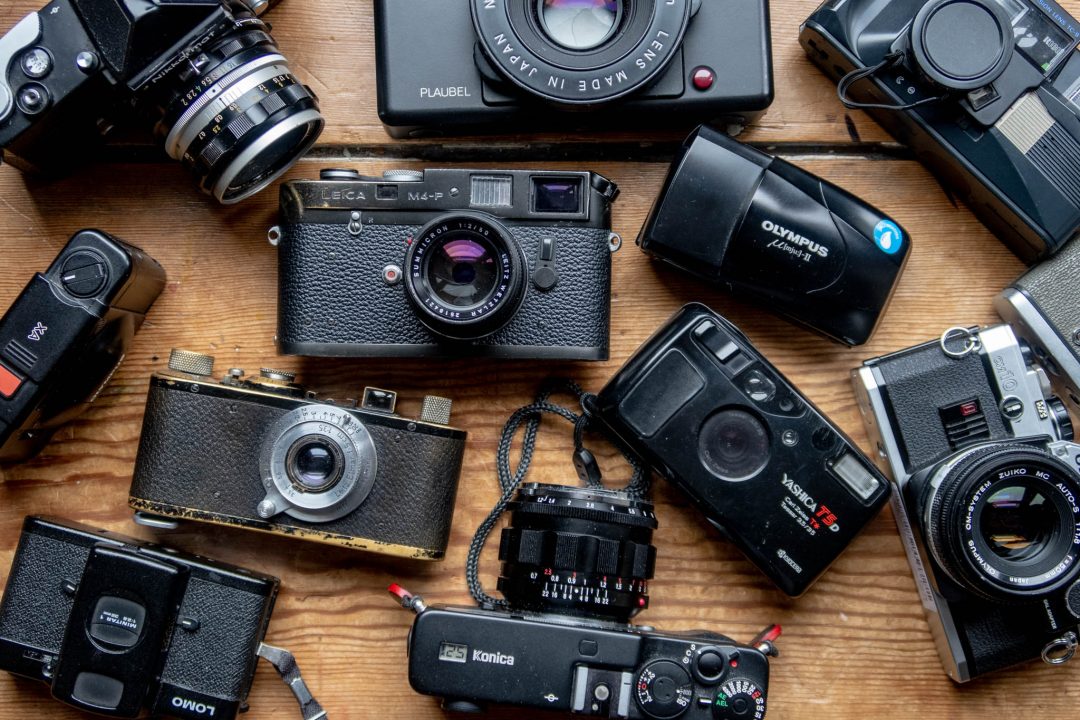
Then along came the digital age. Polaroid may have sacrificed some quality for convenience, but now with the advent of digital cameras, consumers could get high quality photographs with the convenience of either printing them out or storing them in their computers or on a website. They could even take pictures with their cell phones and send them to each other.
According to a report on CNN, (www.cnn.com), some professional photographers fear that the days of Kodachrome may be over. Kodachrome is a meticulously crafted photographic film that is extolled for its sharpness, vivid but realistic colors, and archival quality. Only one commercial lab in the world, Dwayne’s in Kansa, still processes the film. Kodak now only makes the film in one production run per year and the current lot is due to expire in next few years. Kodak refuses to say whether the current run will be the last or not, but many professional photographers are either reluctantly making the switch to digital, or stocking up on their supplies. Some of them say that while digital photography is crystal clear and realistic, it’s almost too realistic. The Kodachrome film just seems to add a certain ambience to the photography that digital just can’t capture.
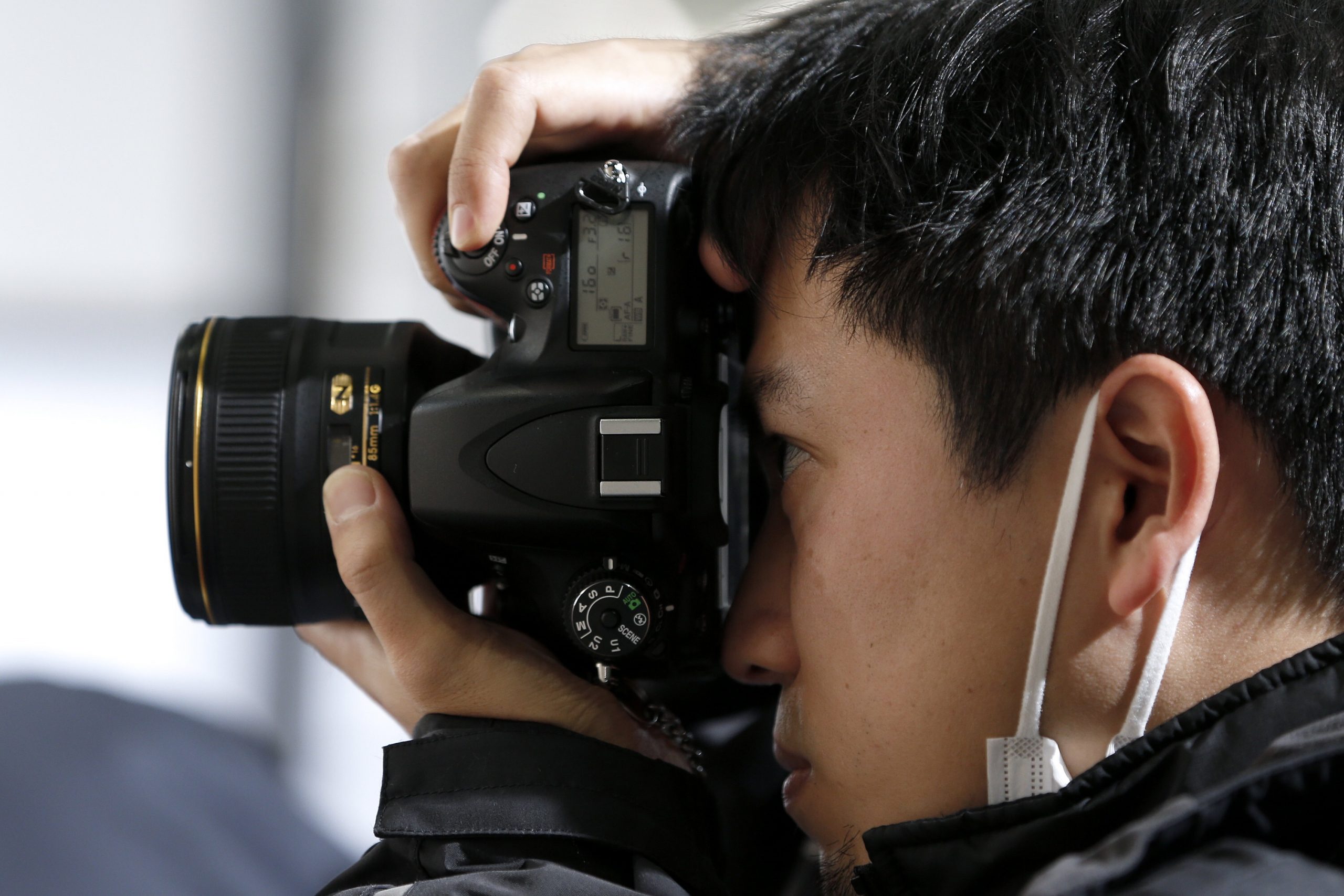
Understanding Royalty-free Photography
The Difference Between Free and Fee Stock or royalty-free photography is gaining popularity as a resource for designers, publishers and web gurus to optimize their visual presentations. The immediate availability of millions of online images saves time and the expense of hiring photographers. But royalty-free […]
Mobile PhotographyThe Difference Between Free and Fee
Stock or royalty-free photography is gaining popularity as a resource for designers, publishers and web gurus to optimize their visual presentations. The immediate availability of millions of online images saves time and the expense of hiring photographers.
But royalty-free media is not necessarily free of charge nor does it mean that the image is in the public domain. Some stock photography can be acquired for a one-time-only fee and other images may be available without any fee. The differences in fees depend on the image library’s terms of use and contributor agreements.
Stock photography is called royalty-free because once an image has been acquired from a stock photography library according to the preset terms it can be used repeatedly without owing royalties to the image creator.
There are licensing agreements specific to each image library and each individual image called rights managed license. These set guidelines for how the image may be used.
Often photographers allow their work to be used on websites and presentations as part of an overall design as long as those applications meet certain standards (non-pornographic for instance).
There are other licenses that allow purchasers to resell the image on a certain number of promotional materials such as 100,000 post cards.
The licenses are detailed and specific allowing extensive freedom of image use while protecting the photographer’s work.
Even though royalties are not due with each image use, the image copyright or intellectual ownership remains with the creator, or in some instances with the image library. This means that the photographer retains the credit rights not the purchaser.
So “royalty-free” stock photography extends the right to use an image according to set terms that eliminate future licensing fees or royalties.
This does not mean that an image may be used without payment.
There are many free images available from stock photography libraries. These images require no upfront fee and no future royalties. Once again, the image creator still retains the copyright or intellectual ownership to the image.
These are not public domain images, instead they are images offered by the photographer for use without fees or royalties. Usually the intention of allowing people to use images for free is to establish a portfolio. Crediting the photographer is the payment as this promotes their creative work. To help pay for professional fees, you might want to consider playing some fun and interactive sports betting games via banwangyaimark.ac.th/UFABET/.
An example of a fee-based royalty-free stock photography library is iStockphoto®. This is an international collection of over 1,500,000 royalty-free images including photographs, vector illustrations and flash files.
It is free to become a member and there are no subscription fees. The only fees associated with iStockphoto® are for downloaded images. These are extremely reasonable, starting at just $1 per file.
Contributors to iStock receive a percentage of each download. The amount depends on their status at iStockphoto® gained through number of contributions, downloads, etc.
Anyone can apply to become a contributor and sell their work on iStock. The application process involves sending samples of photographs or vector illustrations in for approval. These are then reviewed and a determination is made if the work meets iStockphoto expectations and requirements. Once approved, contributors can upload files, sell the images to designers through the iStock library and earn royalties on image downloads.
The work on iStock is protected by a watermark because although royalty-free, the terms of iStock’s licenses require that a one-time fee is paid. Using a photograph from iStock with the watermark intact is a copyright infringement.
An example of a fee-free stock photography site is Morguefile. Images in this stock library may be used free of charge. However, reselling the image is not allowed and the photographs are still the intellectual property of their respective owners.
The photographers at Morguefile have granted a usage license without fees or royalties. The creator has the right to do anything with the image including removing it from the free stock website and selling it themselves.
Whenever searching for images in stock photography libraries it is important to read the terms of usage, license agreements and understand how the image may be used, where it may be used, how often and how it should be credited.
It is also paramount to remember that photographers contributing to stock image libraries are providing incredible products at extremely low or no cost to the user. Even if the terms of usage do not require the creator to be credited, it is an expected courtesy and vital to the photographer’s career development as the image is their property and you are just granted the right to use it.
It can be time-consuming to wade through the legal jargon of royalty-free photography but they are fairly simple principles. The biggest clue between free and royalty-free with fees: the watermark! If the image you “download” has a watermark through it that’s a glaring sign that the image was acquired through improper means and that there is a copyright associated.
If in doubt it’s always best to contact the creator or the image library.
Sources:
http://www.istockphoto.com
http://www.morguefile.com
http://en.wikipedia.org/wiki/Royalty_free
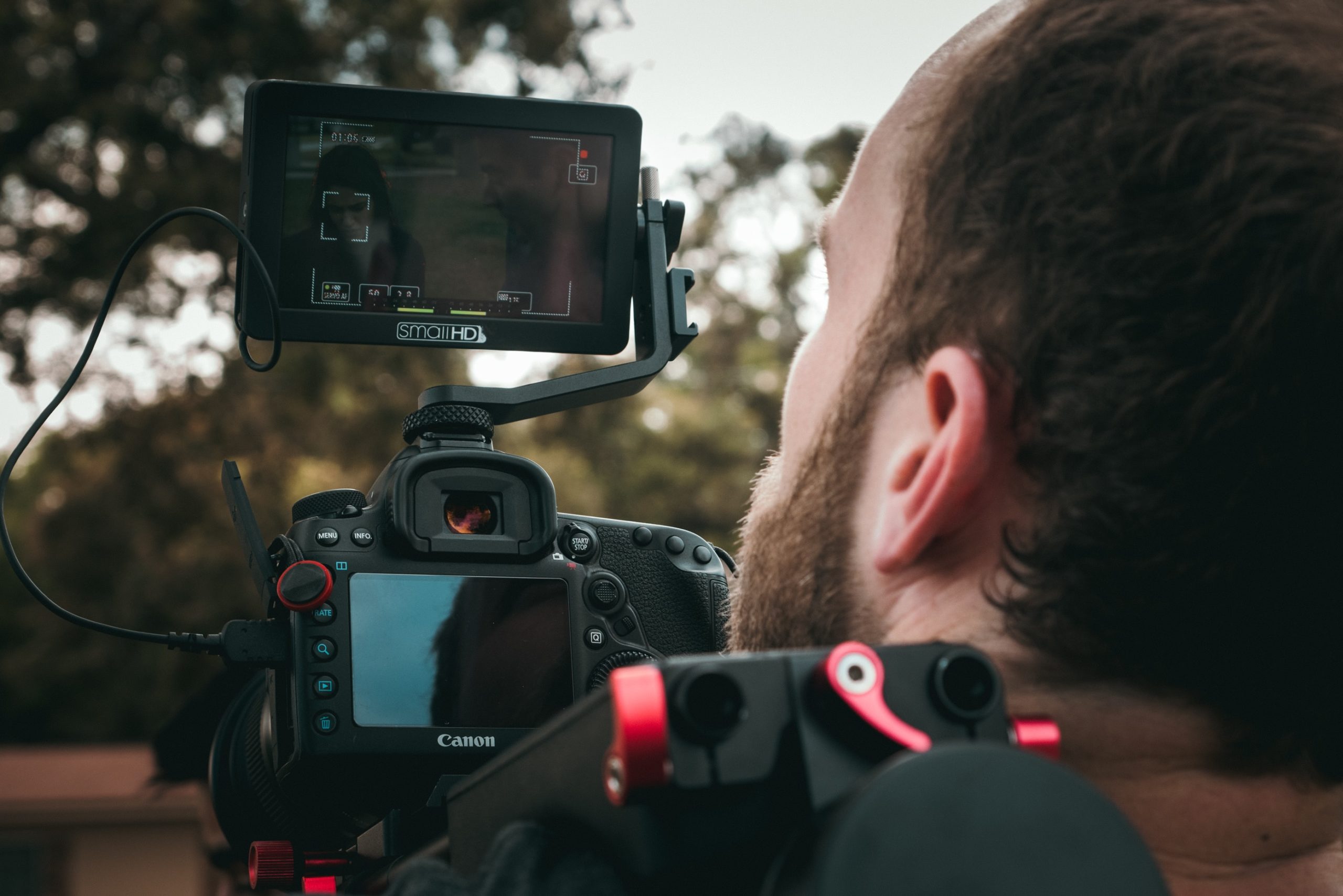
Photo Editing Tips for Digital Photographers
If you are a digital photography enthusiast you must be aware that capturing photos on your camera is just one side of the story. There is still a lot of work that needs to be done like editing, fine tuning and printing the photos. Even […]
Photo EditingIf you are a digital photography enthusiast you must be aware that capturing photos on your camera is just one side of the story. There is still a lot of work that needs to be done like editing, fine tuning and printing the photos.
Even though editing digital photos is an easy task these days due to the presence of computers and photo editing tools, it could turn out to be frustrating for those who do not know what to do and how to proceed ahead. If you are pulling your hair to get that perfect photo, the following digital photo editing tips are sure to help you out:
1) Capture the photos in best size and quality possible. You can edit and tone down the colors, brightness, contrast, resolution and size later if needed. This approach helps you to get best clarity in your photos. If you are running out of space, buy additional memory or an external hard drive.

2) While resizing the pictures, do it in small steps instead of doing it all at once. As mentioned in the previous step, take your picture in the best quality possible and then reduce the size. The idea is to resize the picture in number of steps and use sharpen and unsharpen mask features of your photo editing tool after each resize. While resizing do not resize any picture by more than 25% in a single step. This technique has been known to give consistently good results. To help support your hobby, you might want to consider playing some fun and interactive sports betting games via ufabet168.info.
3) If you are using a flatbed or film scanner, turn off the automatic functions of the scanner. This way you can have more control on your final picture. If you let the scanner decide the final color balance, you cannot remove the color casts the scanner will produce.
4) While scanning your images, always scan at 3 times (or more) higher resolution than what is needed for your final image. This will give you a lot of flexibility to edit the images simply because you will have lot more pixels to work with. So you can make small corrections without worrying about how they will appear in your final image.
5) While capturing any photo, always take a lot more number of pictures than required. Change the angle, zoom, direction and lighting conditions. This way you may get your perfect photo that requires least amount of editing. Then simply delete the others that are not required.
6) Take the time to learn different features of your photo editing tool. Your job will be a lot easier in this way. You can use any tool you want – Adobe Photoshop, Paint Shop Pro, Microsoft Photo editor or Microsoft Office Picture Manager etc. as long as you are comfortable with its features.
The above photo editing tips will help you no matter whether you are a novice or advanced photographer. Just make sure you take a backup of the original picture before you start editing the picture. Some formats such as .tiff are best for backups as they preserve the original picture quality.
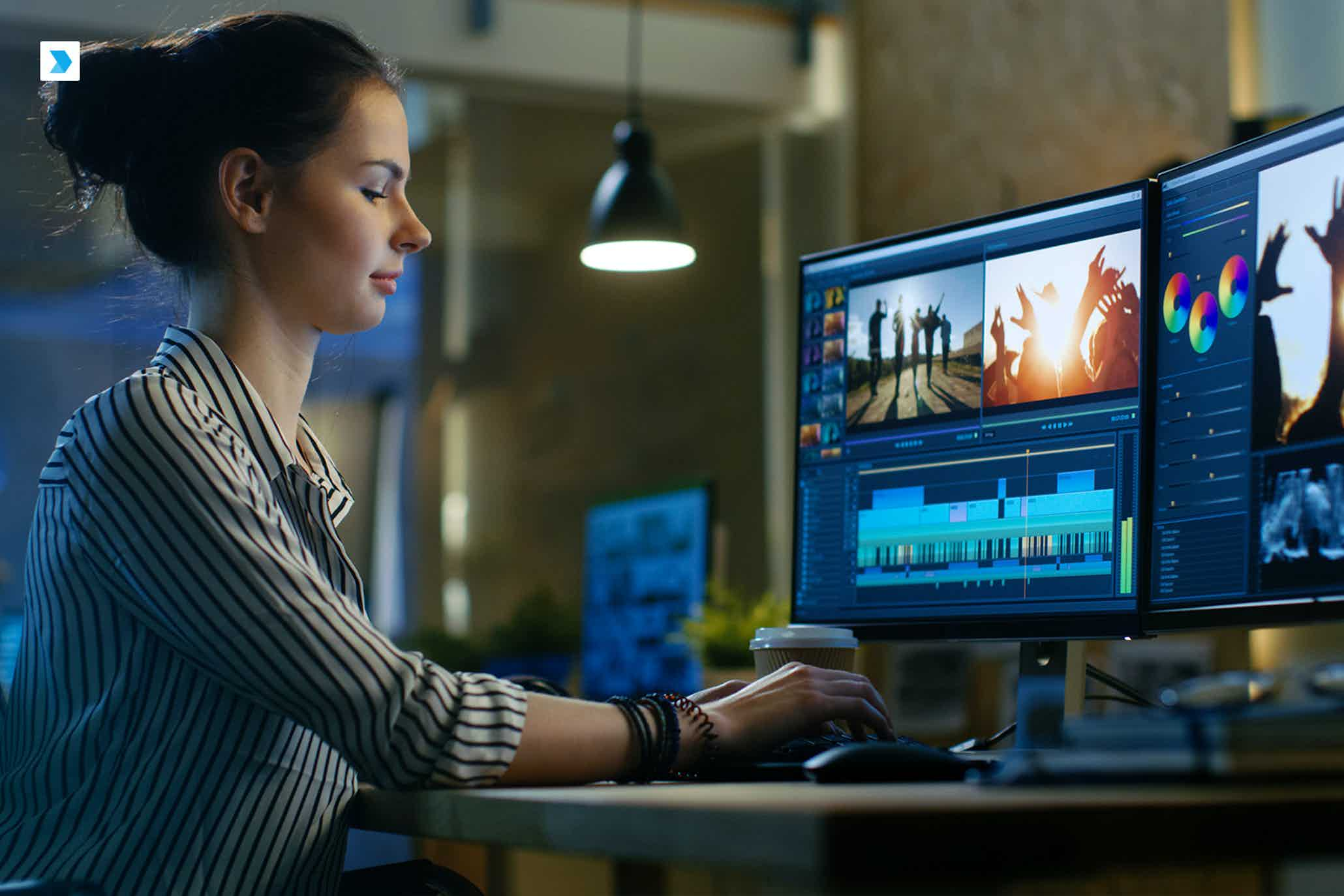
Deciding Which Photo Editing Program is Right for You
Photo editing programs come in many different forms; professional photo editing programs have far more capabilities than amateur programs, but if you are simply a casual photographer, you may not need many of those features. Determining which photo editing program to use is an important […]
Photo EditingPhoto editing programs come in many different forms; professional photo editing programs have far more capabilities than amateur programs, but if you are simply a casual photographer, you may not need many of those features. Determining which photo editing program to use is an important step toward becoming a good photographer. It is important to research many different photo editing programs before making your final choice. This article will review four popular photo editing programs and help you to determine which is right for you. Earn money to and get the premium version of your preferred photo editing program. Play simple and interactive betting games at 카지노 커뮤니티.
Photo Editing Program for Beginners: Picasa
Picasa is a free photo editing program available from Google. This program includes many basic photo editing features, and may be all a casual photographer needs. With Picasa you will be able to crop images, make pictures black and white, zoom in, and remove red eye. Picasa also lets you make some light and color adjustments. With this photo editing program, you can easily import pictures from either a digital camera or a memory card. Picasa will also instantly locate and organize all the pictures on your computer into one library for easy editing. If this sounds like what you need in a photo editing program, then you should download Picasa from Google’s website. However, if you’re looking for something more in your photo editing program, you should read about the next three programs.

Professional Photo Editing Program: Paint.NET
Paint.NET is a free photo editing program that is used as an alternative to the expensive Adobe Photoshop. Paint.NET is organized similarly to Photoshop, so users familiar with Photoshop will find Paint.NET easy to use. Even if you are not familiar with Photoshop, this is a very user-friendly photo editing program that does not take much time to get used to. Paint.NET can do most things that Photoshop can do, including layering, blurring, sharpening, and using the many different photo effects. Paint.NET also uses the clone stamp and gradient tool. Unlike Photoshop, Paint.NET also has an unlimited picture history, allowing you to undo any steps that you have done. Unfortunately, Paint.NET does not offer the selective blur, burn, and dodge tools offered by Photoshop. At times this is frustrating, but it’s easy to overlook when you consider the money you’re saving by using a free photo editing program.
Professional Photo Editing Program: GIMP
GIMP is another free photo editing program used as an alternative to Photoshop. GIMP offers the clone stamp, healing brush, and gradient tool. Unlike Paint.NET, it also offers the blur, burn, and dodge tools. GIMP doesn’t offer the many different photo effects of Photoshop and Paint.NET, however, and this takes away from its appeal. Also, GIMP’s user interface is very different from that of Photoshop, and it is something that I never got used to. That said, it does seem to be a user friendly interface, and it might be perfect for somebody without Photoshop experience. I personally prefer Paint.NET to GIMP, but if this sounds like the better program for you, then I encourage you to download it.
Professional Photo Editing Program: Adobe Photoshop
Adobe Photoshop is the most well known photo editing program, and it is the most used program among professional photographers. It offers all the features of the previous programs, as well as many more. Photoshop lets the user control every detail of a photograph, from the color balance to blurring to light effects. If you are really serious about photography, you may want to consider purchasing Adobe Photoshop. Unfortunately, Photoshop isn’t a program that comes cheap. You’re looking at spending a few hundred dollars to take this photo editing program home. As the two previous programs are almost as good as Photoshop, you should really think before buying this photo editing program. If you’re convinced that Photoshop is right for you, it is a great photo editing program and can easily be worth the money if you use it frequently
I hope this article has helped, and good luck choosing a photo editing program!

How to Defeat Red Light Cameras
Red light cameras are a great way to catch speeders and those who run traffic lights, but these systems are not perfect. There are a variety of ways that you can defeat these systems. This article will show you four ways that you can beat […]
Light SkillsRed light cameras are a great way to catch speeders and those who run traffic lights, but these systems are not perfect. There are a variety of ways that you can defeat these systems. This article will show you four ways that you can beat red light cameras. If you fail to beat the red light, earn the money to pay for the ticket. Play simple and interactive betting games at UFABET168.
Detectors
One of the easiest ways to beat red light cameras is to use a radar or laser detector. Whenever the equipment detects a signal that measures speed, it can alert you so that you can slow down. Radar detectors work much better than laser detectors. Laser detectors can only alert you once the laser has already been pointed at your car. By that time, it’s already too late to slow down as your speed has already been recorded.
 Jammers
Jammers
Although radar jammers are being sold, they are illegal and do not work as claimed. However, red light cameras that rely on lasers can be exploited using a laser jammer. These devices generate laser jamming signals so that your speed can’t be detected accurately. Unlike radar jammers, laser jammers are legal to own and use and work much better than radar jammers.
Plate Cover
Covering up your license plate to make it unreadable is against the law. There are two types of plate covers that allow your plate to be read by humans but not by red light cameras. Crystallized plate covers are designed to reflect too much light back to the camera causing it to take an overexposed pictures. Lenticular plate covers are designed to distort your license plate from an angle. This makes most of the letters and number of the license plate unreadable by red light cameras.
GPS
FoxyTag.com is a website that offers free software that you download onto your cell phone to alert you of nearby red light cameras. The system relies on users submitting the locations of traffic cameras they come across while driving. These locations are entered into a database. The locations of red light cameras are tracked using GPS and you are alerted on your cell phone when you are within 15 seconds of a camera.
These are the best methods to beat red light cameras. Some of the devices mentioned in this article are illegal in some states. Before using any of them, you should make sure that they are not against the law. Also, just because you know how to beat red light cameras does not mean you should drive like a maniac. You should always drive safely and obey all laws.
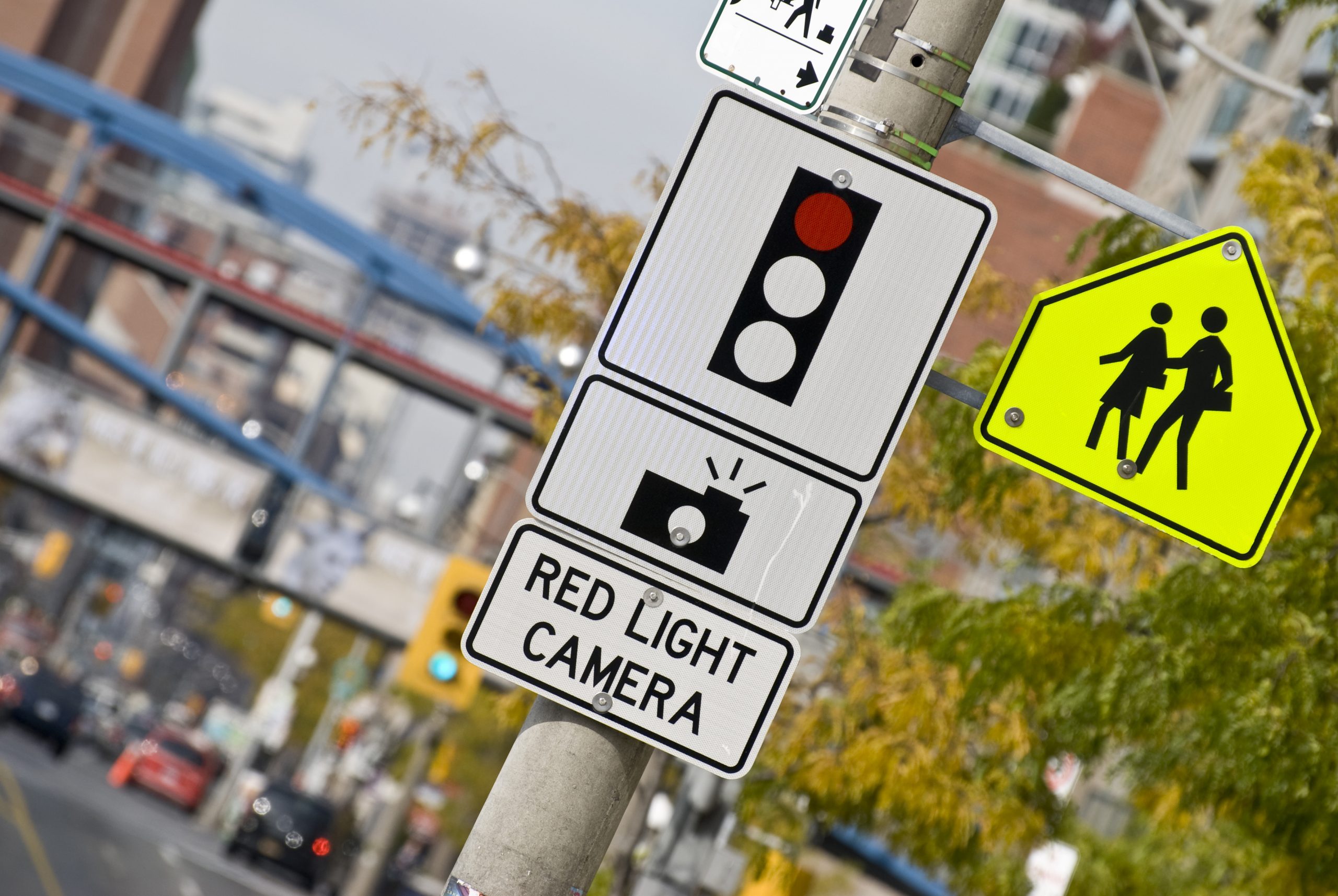
Red Light to Camera Prosecutions
Florida has had a running battle over red light tickets based on photographic evidence. Most of the debate is cast as a driving safety issue. Taken on this level, the question is how many accidents might be prevented compared to the costs incurred by taxpayers […]
Camera skillsFlorida has had a running battle over red light tickets based on photographic evidence. Most of the debate is cast as a driving safety issue. Taken on this level, the question is how many accidents might be prevented compared to the costs incurred by taxpayers to install the cameras. But there are two costs that have nothing to do with money. One is the very existence of a constant stream of surveillance to which government has access. England largely tolerates this despite the echo of George Orwell’s warning that “Big Brother is watching you.” In England, most areas under surveillance are high-risk areas for violent crime such as parking garages. With these types of cameras, the photographic or film evidence would be supplemented by human testimony about the actual events, somewhat similar to the use of amateur film in police assault cases in California. Police also have used film as supplemental evidence against combative drivers in traffic stops. To have a bit of emergency funds, you might want to consider playing some fun and interactive 해외배팅사이트 online.
The fundamental difference with the red light tickets is that there is normally no human witness to supplement the photograph. Thi separates these cases from the controversy over breath test issues in DUI cases. There is no cross-examination of a mere photograph. In effect, the machine is being permitted to testify against a defendant without challenge. To illustrate, let us imagine a talking red light photographic machine in court with a reasonably alert defense counsel:
Prosecutor: Were you at the intersection of U.S 41 and Cochran on July 4, 2020 at 11:12 AM?
Machine: I was.
P: How were you calibrated at that time?
M: You would have to ask Sgt. Williams. He was the technician who set me up.
P: How long was this before the photograph in this case?
M: To answer that I would have to check his records.
P: Did you take a photograph which is marked for identification as Exhibit 1 for the State?
M: Yes
P: What does this photograph show?
M: An orange Corvette in the intersection.
P: Why did you photograph this particular Corvette — because of its looks?
M: Because it ran the red —–
Defense Counsel: Objection! The machine is drawing a conclusion! The answer is also argumentative and invades the province of the court.
P: The machine should be able to testify as to what it saw, your Honor.
Defense Counsel: The machine cannot give an opinion on the ultimate issue that this Court must resolve. The question itself only asked why the photograph was taken, so an answer about a red light would also be non-responsive.

Judge: The machine’s belief that the Corvette had run a red light might be responsive to the question of why the photograph was taken, but Defense Counsel is correct that the machine cannot decide this case nor give an opinion on the ultimate issue in the case unless it is qualified as an expert. So the Machine’s last answer as given will be stricken. Prosecutor, you may proceed.
P: Do you take pictures of every car passing through your intersection?
M: No. I take a picture when my sensor is triggered.
P: Was your sensor triggered by the orange Corvette in the photograph?
M: Yes.
P: What causes your sensor to be triggered?
Defense Counsel: Objection! The machine has already denied that it knows how it has been calibrated. By analogy to speeding cases, we do not convict by radar alone but must have proof of calibration plus tuning fork checks at the start and close of each shift as well as the testimony of an officer.
Judge to prosecutor: Do you have any witnesses besides the machine?
P: No, your Honor.
Judge: In that case the objection must be sustained. Do you have any other evidence?
P: No, but I would point out that the Court’s ruling makes it impossible to prosecute contested cases based on photographic evidence.
Judge: You are entirely correct, and the United States Constitution is intended to stop prosecutions like this. Every defendant, from an accused driver to an accused murderer, is entitled to cross-examine the witnesses against him. Since the machine cannot speak to its calibration nor to possible error factors, that right of cross-examination is being denied by attempts to proceed by machine alone. We cannot know why the machine’s sensor was triggered from the bare photograph. There is even the possibility, not explored here, that the date and time were caused to be in error by electrical surges or outages.
We did not get this far, but there would have been other difficulties with identifying the driver. The photograph had a license plate, but do we know beyond a reasonable doubt that the owner was driving the car when the photograph was taken? What if it were the owner’s brother or son or a neighbor? And what if there are two owners? Or if the car had been sold recently and not yet transferred? What if a prospective purchaser was taking the Corvette on a test drive? For future reference, your office needs to remember that each Defendant’s personal guilt must be established beyond a reasonable doubt. That standard is fixed in the Constitution and cannot be lowered by statute.
Case dismissed with prejudice! … The Court will stand in recess. (Bailiff) All Rise!


